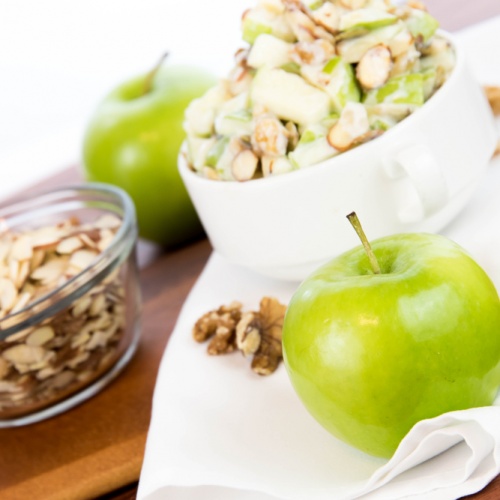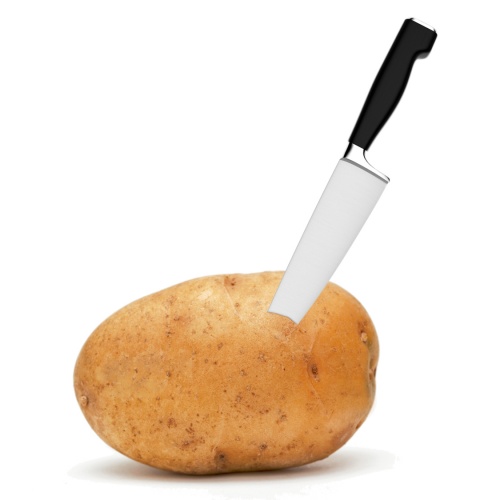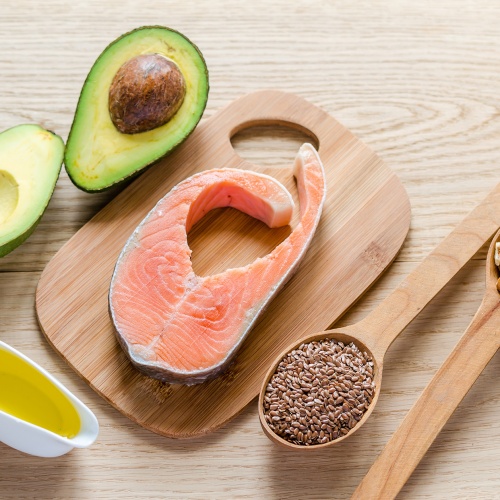The last few years have seen a steady increase in both celebrities and elite athletes who have adopted a gluten-free diet. Novak Djokavic credits it with his improvement in form, and Bradley Wiggins was able to shift 9 Kilos off his frame between the Beijing Olympics and his 4th place Tour de France finish in 2009- again, attributed to going gluten-free.
But while there are many stories of success on a Gluten-free diet; actual medical research and controlled studies have found no evidence to suggest that it will automatically result in weight loss.
So – bandwagon jumping apart – why are people avoiding gluten? What is gluten and what has it done wrong?
Let’s examine the facts behind the fad.
Gluten is a protein found in wheat (including kamut and spelt), barley, rye, and malts. It is also used as an additive to flavour, stabilise or thicken processed foods. As a result it’s present in much of the food we eat in the West.
So why try and avoid it?
There are three main reasons:
Firstly humans don’t fully digest gluten, and the undigested portions of gluten in wheat begin to ferment and this can cause bloating and gas formation.
Second, wheat is a pro-inflammatory agent, so is rapidly converted to sugar, causing a spike – and more importantly, an ensuing crash – in the body’s blood sugar.
And thirdly, wheat is one of the top-eight allergens
That’s terrible, isn’t it? Actually, it’s nowhere near as bad as it sounds.
First, undigested parts of gluten are normally passed out safely by the body –providing you consume fibre in your diet. Second, sugar spikes are common – most of us experience several every day and, as long as you’re maintaining a balanced diet they’re not inherently unhealthy. And thirdly, while it may be one of the top allergens, wheat intolerance or Coeliac Disease still affects less than 1% of the population.
The problem, if there is one, is not so much gluten itself (after all, it has been part of the human diet for thousands of years) but the way we consume it
In its more natural form, in wheat, barley and rye products (bread, pasta, flour etc) it’s not that bad for us – providing of course that we are not one of the wheat-intolerant 1%. The danger lies in our increasing consumption of processed foods, and the resulting increase in the sheer amount of gluten we’re eating and which our bodies may struggle to process.
Much of this food is also high in sugar and fats. And one of the problems with a straight switch to gluten-free is that you’ll simply replace the food you normally eat with their gluten-free equivalents. And they may not be as healthy as you’d think – after all, they’re probably already high in sugar and fat and the manufacturer will have to replace the gluten with something else. And that something else is usually … you guessed it … more fat and sugar.
Frequently, where there are success stories of weight loss through gluten-free diets the secret is less about giving up gluten, and more about the dieter having greater awareness of what they’re are eating, consuming less processed food, and most likely leading a healthier lifestyle during this period.
In summary
If you are considering going gluten-free, first try consulting a doctor to see if you are generally intolerant. Clearly, if you are, you’ll see benefits almost instantly. For the other 99% of us, cutting out the amount of processed foods and consuming your gluten in less refined versions of breads and pastas will make sure you’re consuming the right amount of gluten and give you a more steady energy release.
And as always, eating a balanced and natural diet will see you right.





